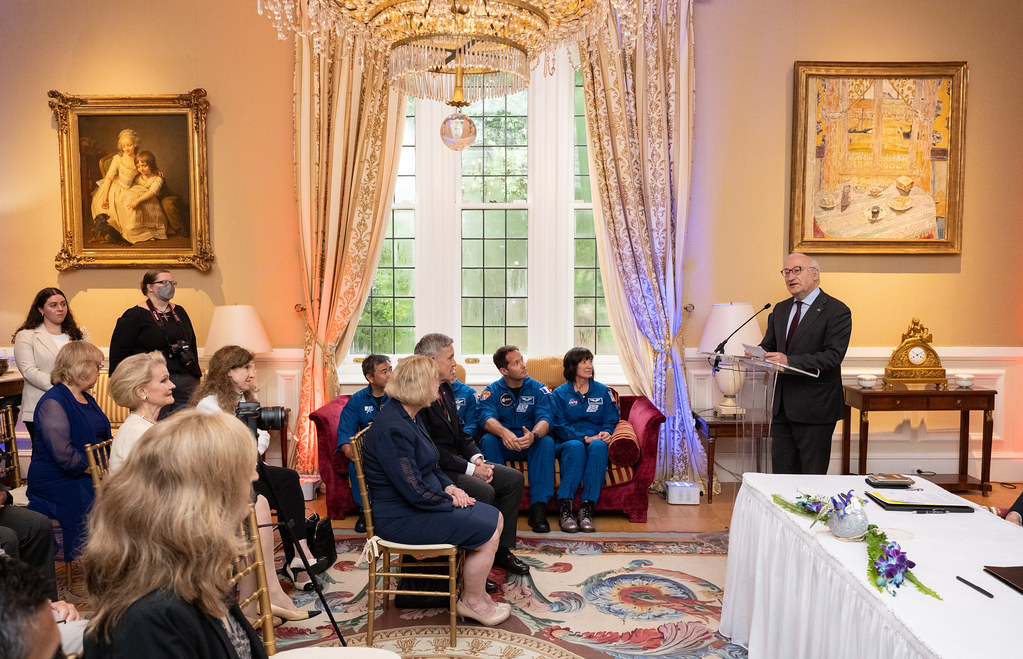Context:
Sweden becomes the 38th signatory to the Artemis Accords.
More on the news
- Sweden became the 38th country to sign the Artemis Accords, a series of non-binding arrangements aimed at setting norms for outer space activities.
- The United States, India, and Japan are currently the leading spacefaring nations to sign the accords, with Sweden being the latest addition.
- The accords aim to implement key obligations from the 1967 Outer Space Treaty, reinforce commitment to space agreements, and promote responsible behavior, including the public release of scientific data.
- The signing of the Artemis Accords coincides with a new space race, characterized by emerging contenders like China, India, and Japan, alongside traditional players like the United States and Russia.
- India and Japan have successfully conducted lunar missions, establishing themselves as contenders in space exploration.
About Artemis Accords
- The accords are a series of non-binding international framework established in 2020 by NASA and the US Department of State.
- It is a set of principles to guide the next phase in space exploration, announced by NASA and the U.S. Department of State in 2020 and it now has 38 signatories.
- Aims to guide peaceful, transparent, sustainable, and responsible exploration of outer space for the benefit of all.
- Complements and expands upon the principles of the foundational Outer Space Treaty of 1967 and reinforces commitment to the Registration Convention, the Rescue and Return Agreement and also best practices of responsible behaviour, including the public release of scientific data.
The founding member nations that have signed the Artemis Accords are:
- Australia
- Canada
- Italy
- Japan
- Luxembourg
- United Arab Emirates
- United Kingdom
- United States of America
Outer Space Treaty 1967
It bans the stationing of weapons of mass destruction (WMD) in outer space, prohibits military activities on celestial bodies, and details legally binding rules governing the peaceful exploration and use of space.
The treaty entered into force Oct. 10, 1967, and has 110 states-parties, with another 89 countries that have signed it but have not yet completed ratification.
The principles of the Artemis Accords are:
- Transparency: Open communication to avoid confusion and conflict in space activities.
- Interoperability: Development of compatible systems for safety and mission success.
- Emergency Assistance: Cooperation in rendering aid to astronauts in distress.
- Peaceful Uses of Outer Space: Commitment to non-militarization and peaceful exploration.
- Scientific Data Release: Sharing of scientific findings to advance knowledge and collaboration.
- Space Resource Utilization: Encouragement for responsible extraction complying with the Outer Space Treaty.
- Registration of Space Objects: Transparency in tracking and identifying space objects.
- Space Debris Mitigation: Collaboration on minimizing orbital debris for a sustainable space environment.
Significance for India:
- India became the 27th country to sign the Artemis Accords in June 2023.
- Aligns with India’s growing space program, including the Gaganyaan mission and future lunar ambitions.
- Offers opportunities for collaboration in technology development, scientific research, and resource exploration.

